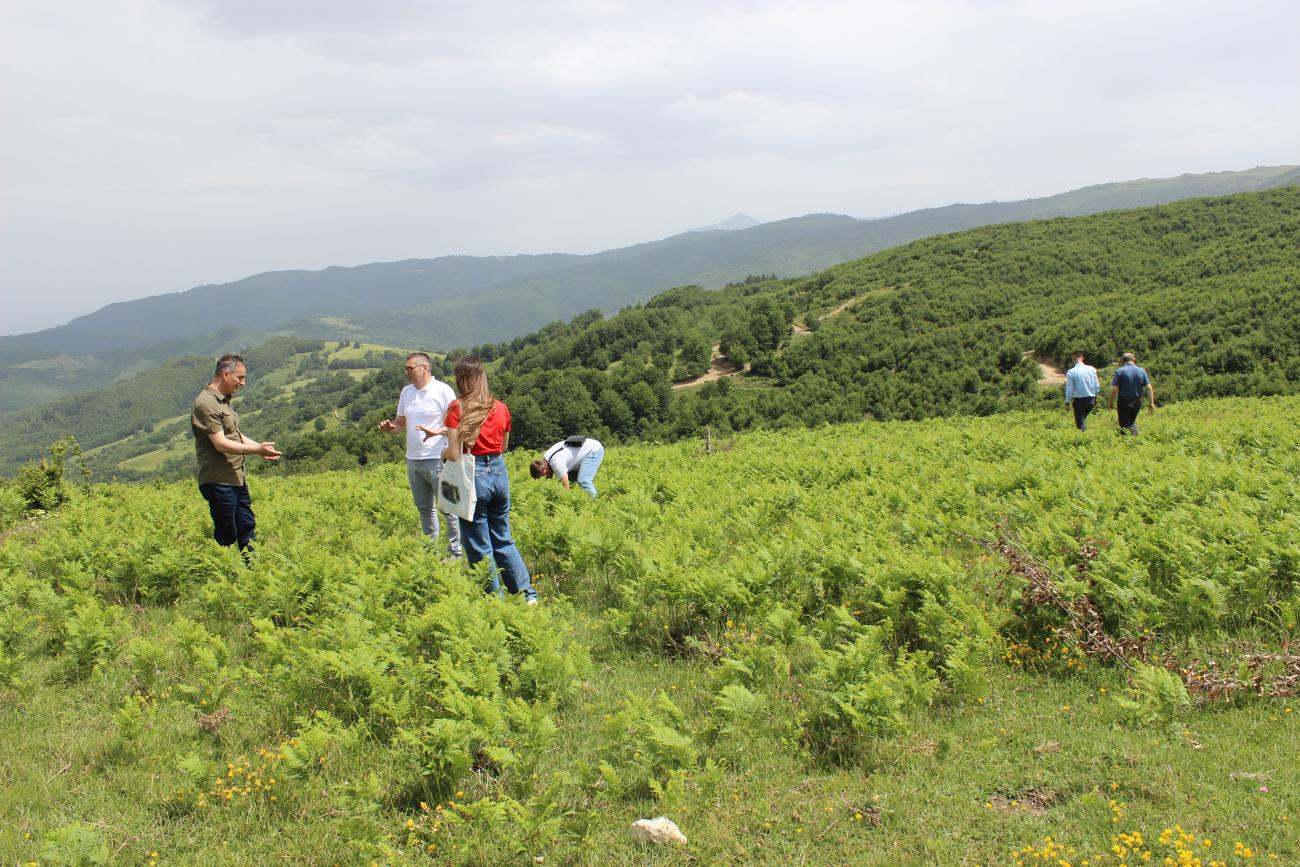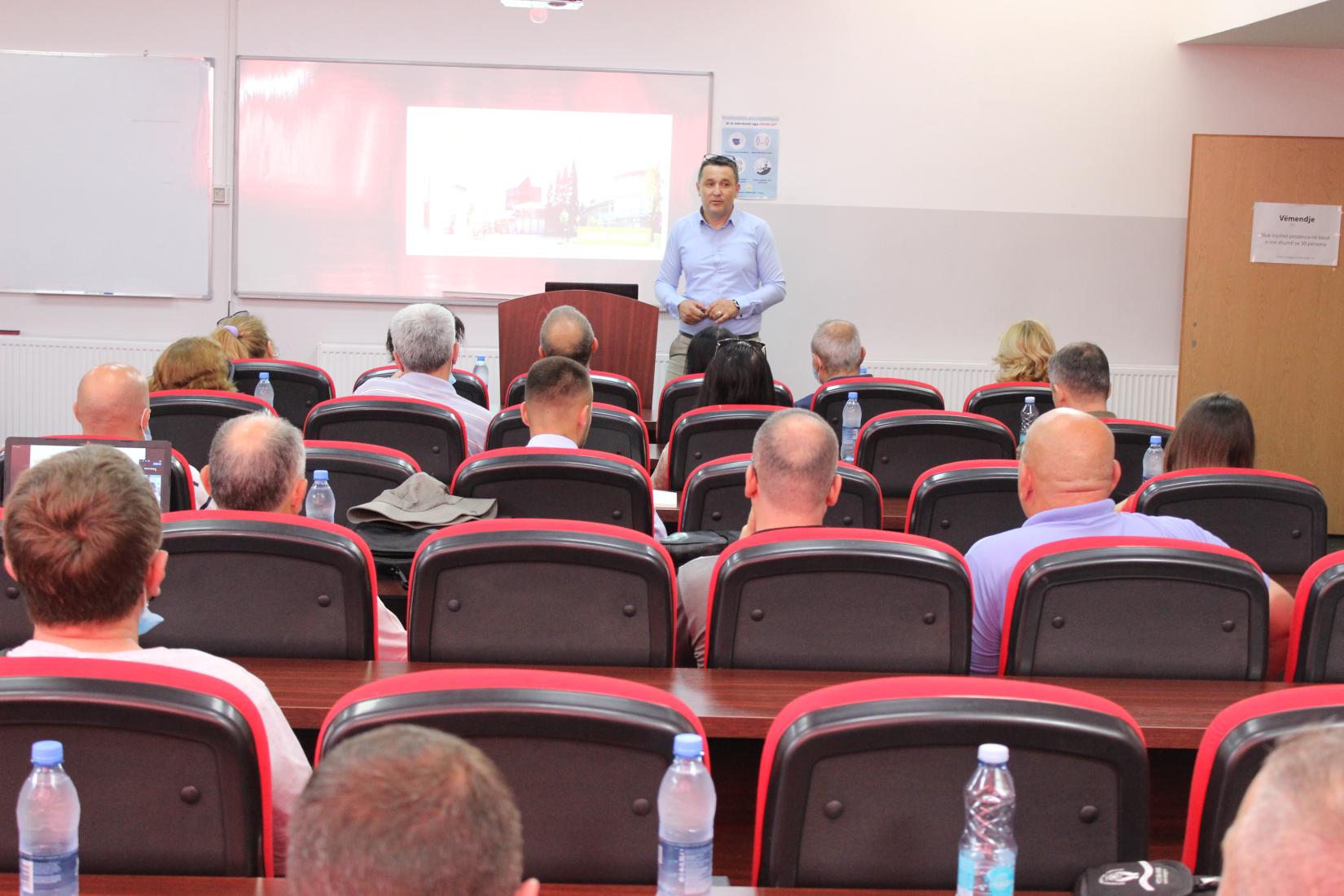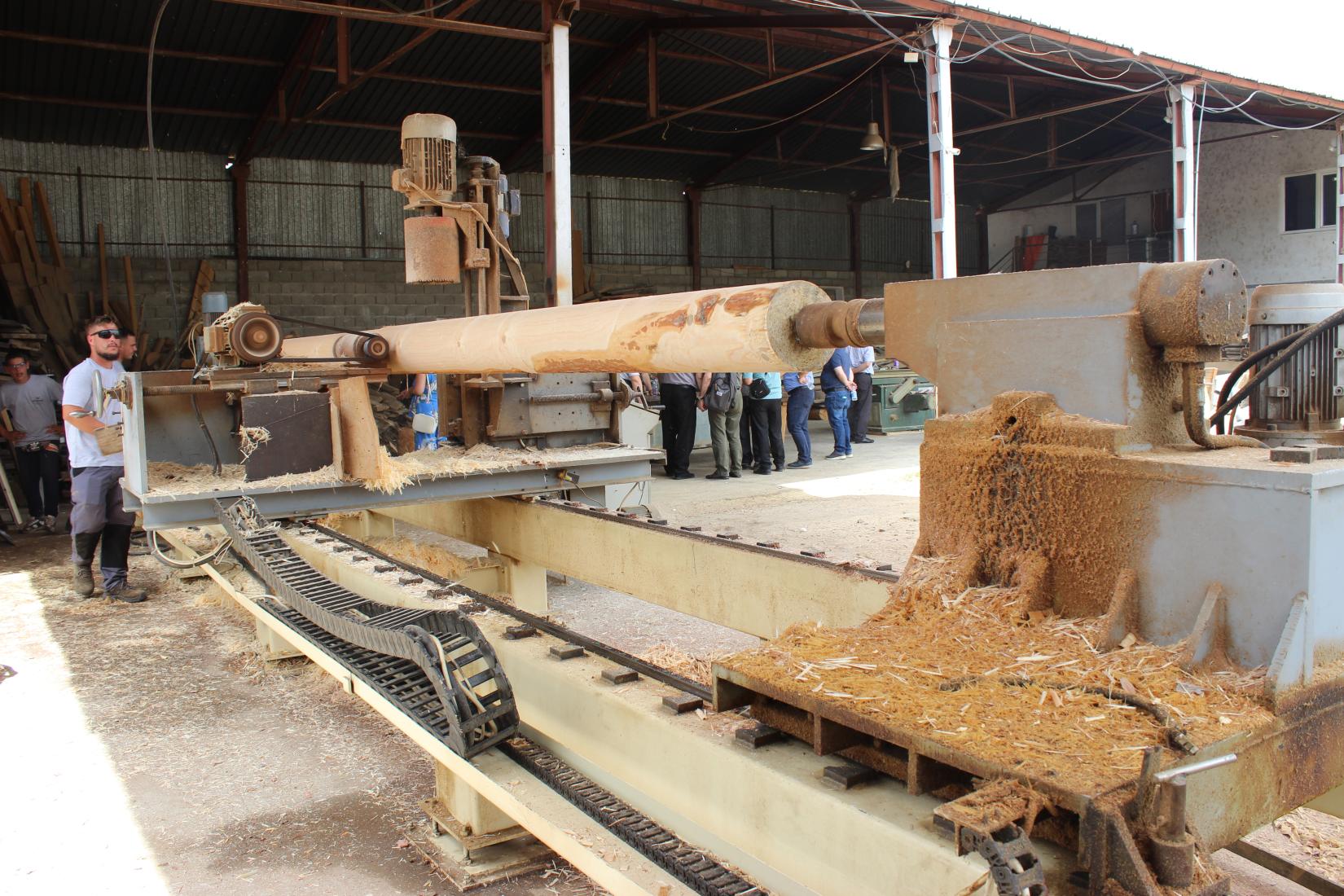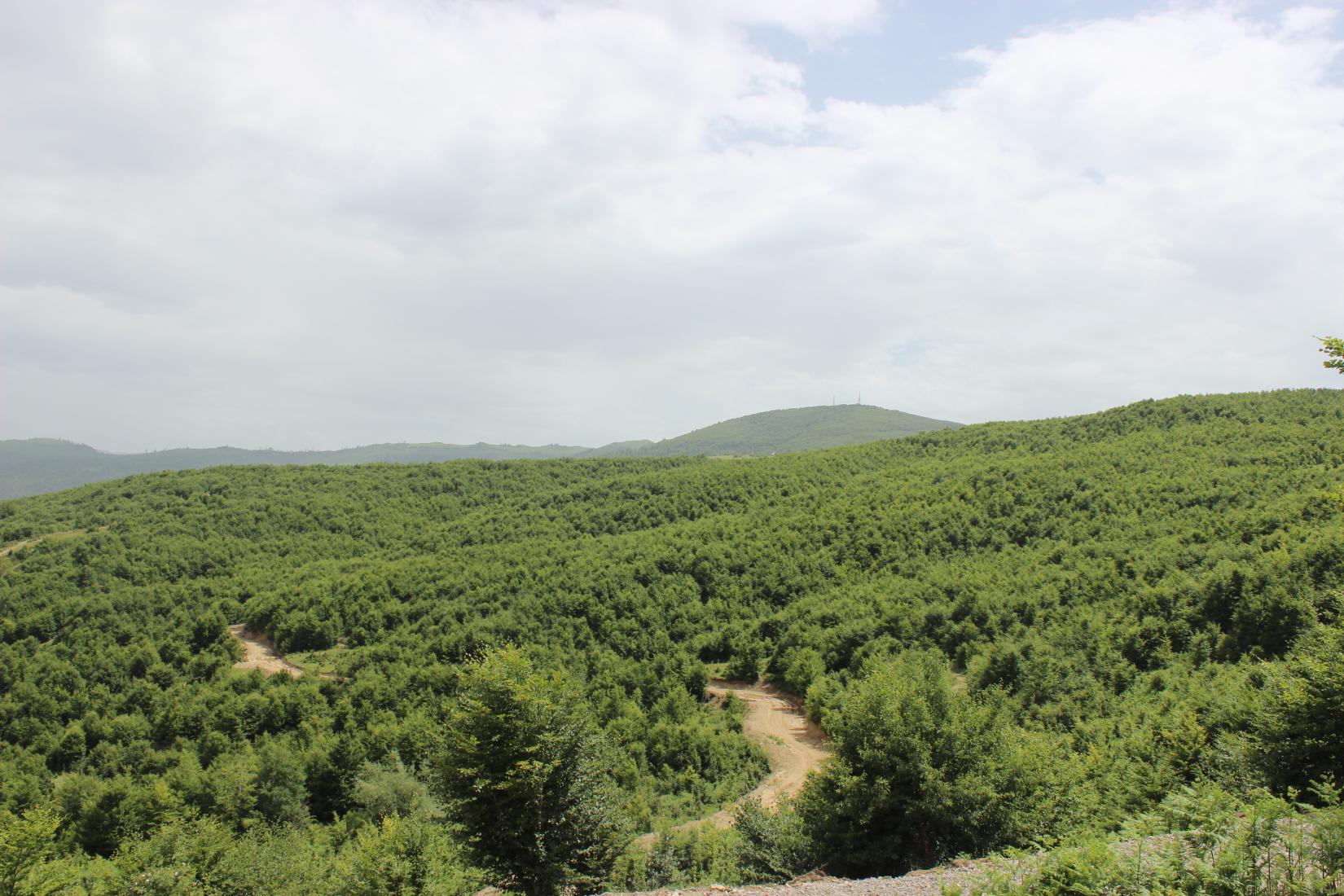Kosovo Discusses the Next Ten-Year Strategy on Forestry Sector

Two-day event discussion on the current state of forests and forestry sector in Kosovo
The current state of forests and forestry sector in Kosovo was discussed during the two-day event organized by the Food and Agriculture Organization of the United Nations (FAO) and the Ministry of Agriculture, Forestry and Rural Development, through the Swedish financed programme on strengthening sustainable and multipurpose forest management to improve rural livelihoods and address climate change.

Joint Review of Kosovo Forest Sector brought together the various stakeholders as a forum to identify opportunities and challenges in improving forest management, which will contribute also in the process of developing the next ten-year strategy on forestry sector.
Minister of Agriculture, Forestry and Rural Development, Faton Peci said that the new government has taken important and necessary steps to put the new policies and legal framework of this sector of special importance high on our priorities. He emphasized the Government commitment to approve the new strategy on the development of the forestry 2021-2030 this year as well as the new law on forest.

The Swedish Ambassodor Karin Hernmarck Ahliny pointed out that Kosovo faces serious environmental degradation challenges related to air, water and soil pollution, threatened biodiversity and deforestation. “We fully recognize the long-term economic value of forests if they are being managed in a sustainable way, but that is a big if. The dependence on resources forests is high here but how they are used now is not sustainable. In addition, we have issues like illegal logging and other unregulated activities that represent in forest an enormous challenge”, she added.
According to the UN Development Coordinator in Kosovo Ms. Ulrika Richardson, Kosovo has enormous resource in forests. “Forest is not only a piece of forested land, it is also a social value, it has an economic value. We know how many people depend on forestry sector, it also has a cultural value”, she said.

As stated by the FAO Forestry Officer Ekrem Yazici, the national strategy on forestry development is one of the priority issues for sector development. He highlighted the importance of developing a comprehensive strategic document with involvement of all stakeholders. “Implementation of this strategy is common responsibility of national institutions and development partners, and FAO will support this process”, he concluded.
The Joint Review of Forestry Sector was used also to present various stakeholders view on issues related to forestry sector, including forest management in national parks, private forest owners' involvement in forest management, wood processing industry etc. In the second day of the event, it was organized a field visit of various stakeholders to see forest values, benefits from forest products and functions, services and meet forest users.
During the stay at the Faculty of Life and Environmental Sciences at the University of Prizren, participants had the opportunity to see and learn how the higher education for forest sciences in Kosovo is organized. Then a visit was paid to private sawmill "Minatori" in Suhareka, and to forests lands in the Forest Management Units "Budakove" and "Jezerci".

The Swedish financed programme on forestry, implemented by FAO, aims to improve forest management in three key areas: trade and law enforcement related to timber; transparency, governance and implementation of forestry regulations and programmes; and forest management through adoption of multi-purpose forest management practices. All these will help Kosovo achieve European and international sustainability targets.



